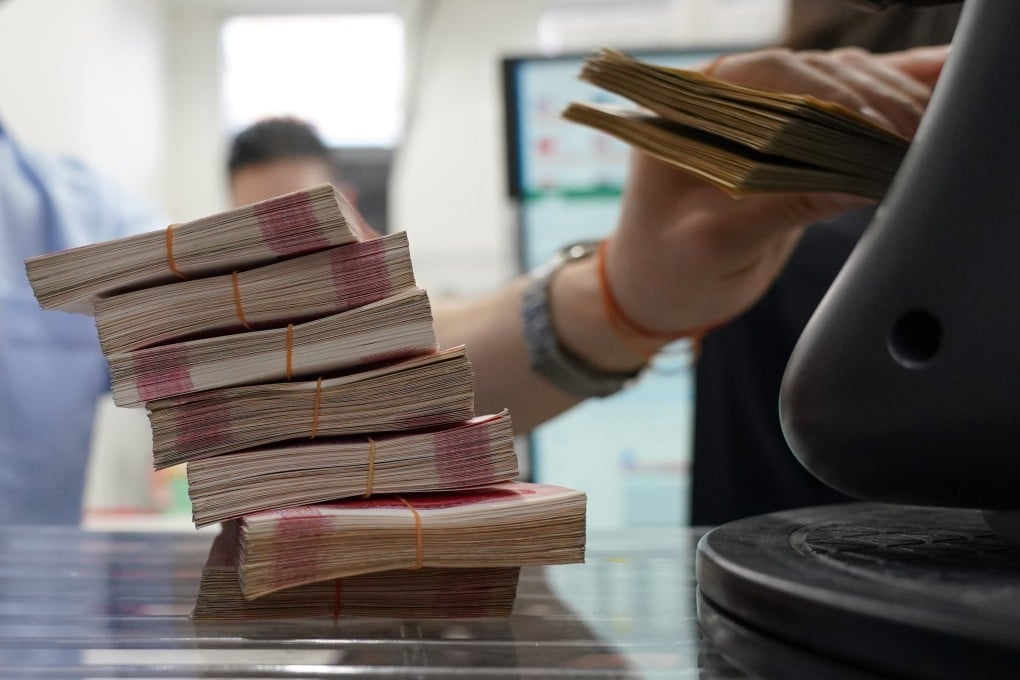Advertisement
Macroscope | Japan’s experience points to challenges for Chinese yuan
- Current upward pressure on the US dollar-yuan exchange rate is essentially a function of greenback strength, not renminbi weakness
- The real challenge will be if market sentiment starts to incorporate a bearish view on the yuan, as it has with the Japanese yen
Reading Time:3 minutes
Why you can trust SCMP
2

Broad US dollar strength on foreign exchanges continues to pose a challenge for the People’s Bank of China as it seeks to exercise some influence over the pace at which the yuan weakens against the greenback. But the real challenge will occur if market sentiment, currently primarily driven by US dollar bullishness, starts to incorporate a specifically bearish view on the yuan.
Advertisement
Japan’s currency experience this year illustrates the point. The yen has depreciated materially faster against the US dollar in 2022 than other major currencies, including the yuan. That is indicative of a market both enthused about the prospects for the dollar but which also harbours negative opinions about the value of the yen.
With the US Federal Reserve having left other major central banks behind with a succession of interest rate rises, cross-border yield differentials have come to favour the dollar, assisting its rise on foreign exchanges.
In stark contrast, the Bank of Japan has resolutely persisted with ultra-accommodative monetary policy, which has made the yen increasingly less attractive, compared to the dollar, with every passing Fed rate increase.
As it is, with US consumer price inflation still elevated, the Fed is set to raise US rates again this week, most likely by 0.75 basis points but with an outside chance of a 1 percentage-point increase.
Advertisement
The Bank of Japan will meet next week and is expected to leave policy settings unchanged. But, even if it were minded to be less ultra-accommodative, it would be unlikely to change market sentiment towards the dollar/yen, given the pace at which the Fed is hiking rates.

Advertisement
